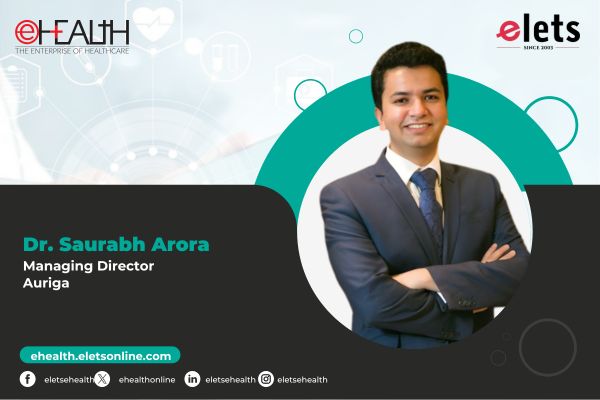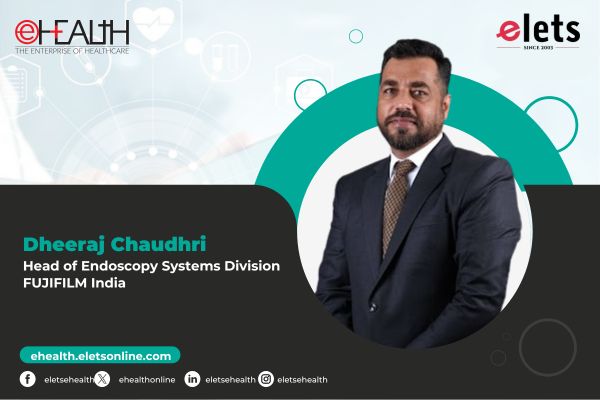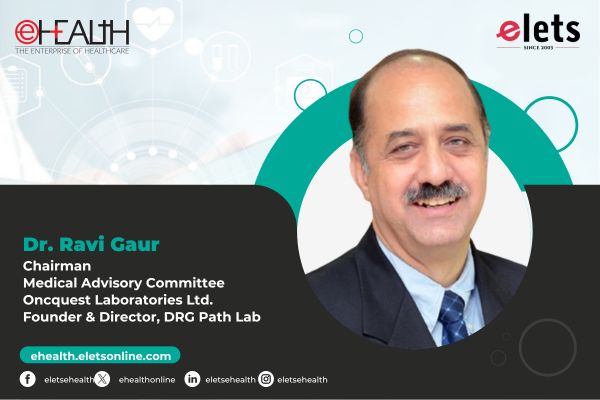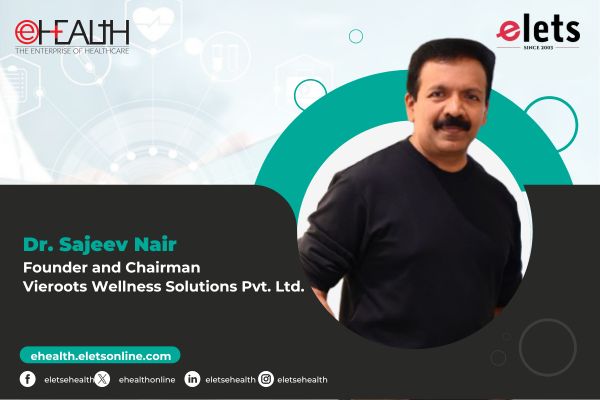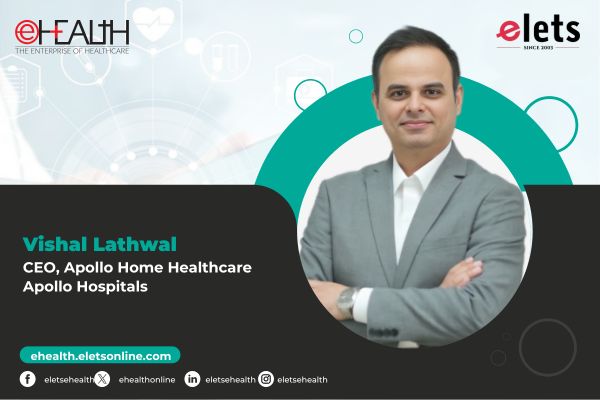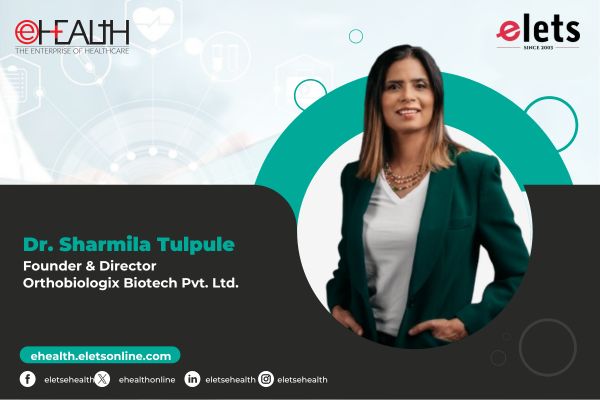
Imagine letting your body heal itself rather than needing surgery or lifelong medication to fix a worn-out shoulder or damaged knee. Imagine being able to tailor that treatment to your body’s specific needs using artificial intelligence. This is not a work of science fiction. It is already here and represents the musculoskeletal care of the future.
The intriguing fusion of regenerative medicine and artificial intelligence (AI) technology is transforming the way we treat chronic orthopaedic conditions, joint pain, and muscle injuries in both clinical settings and research labs. When taken as a whole, these developments are opening the door to a new, safer, and much more individualised form of care.

Regenerative Medicine: What Is It?
The goal of regenerative medicine is to fix problems rather than just treat them. Utilising organic materials such as growth factors, platelet-rich plasma (PRP), and stem cells, it restores damaged tissues by utilising the body’s inherent healing capabilities. The aim is to help patients recover from damage or degeneration without requiring extensive surgery by restoring function at the cellular level.

This approach has been especially promising for:

- Osteoarthritis
- Sports injuries (like rotator cuff tears or ACL strains)
- Tendon and ligament damage
- Degenerative spine conditions
Stem cell injections, for example, can encourage cartilage and bone to regrow, while PRP—made from a patient’s own blood—delivers healing proteins to speed up tissue repair and reduce inflammation.

Where AI Comes In
While regenerative medicine has opened new doors, one question remains: how do we know which treatment works best for which patient?
Artificial intelligence can be a useful ally in this situation.
AI can evaluate vast volumes of data, including genetic markers, advanced imaging, and a patient’s medical history, and assist physicians in making accurate, individualised treatment decisions. It’s similar to giving your doctor a highly skilled research assistant who is intimately familiar with your body.
For example:
- AI can predict whether PRP or stem cells are more likely to help with your specific condition.
- It can analyse imaging scans to detect early-stage joint wear that might benefit from early intervention.
- It can even help create a custom rehab plan based on how you move, walk, and recover in real time.
Personalised Healing, Powered by Technology
Think of regenerative medicine and AI as the perfect team: biology provides the raw power to heal, and technology ensures it’s used in the most effective way possible.
The core of precision medicine is this: a treatment plan that is customised to your particular biology, way of life, and recuperation habits.
Doctors can now monitor your recuperation at home with wearable technology, utilising movement and mobility data to modify rehabilitation exercises or suggest additional treatments. Only a few years ago, it was impossible to provide that level of individualised, real-time care, and it is significantly influencing how rapidly and completely people recover.
Why It Is Important to You
This new treatment approach offers genuine hope to anyone who has ever battled persistent back pain, a bothersome joint injury, or the early symptoms of arthritis. AI and regenerative medicine together mean:
- Options for less invasive treatment
- Quicker recuperation periods
- Decreased requirement for painkillers
- Reduced likelihood of complications
- More sustained relief
Additionally, these treatments are frequently safer and more natural than conventional surgery or medications because they make use of your body’s own cells and proteins.
Looking Ahead
We’re just at the beginning of what this powerful combination can do. In the future, AI might help design 3D-printed cartilage or tissue grafts tailored exactly to your anatomy. It could optimise stem cell therapies down to the molecular level or detect joint degeneration before you feel the first twinge of pain.
For now, what’s clear is this: healing is getting smarter. With AI guiding the way and regenerative medicine leading the charge, patients have more options—and better ones—than ever before.
Views expressed by: Dr. Sharmila Tulpule, Founder & Director, Orthobiologix Biotech Pvt. Ltd.
Be a part of Elets Collaborative Initiatives. Join Us for Upcoming Events and explore business opportunities. Like us on Facebook , connect with us on LinkedIn and follow us on Twitter , Instagram.
"Exciting news! Elets technomedia is now on WhatsApp Channels Subscribe today by clicking the link and stay updated with the latest insights!" Click here!






